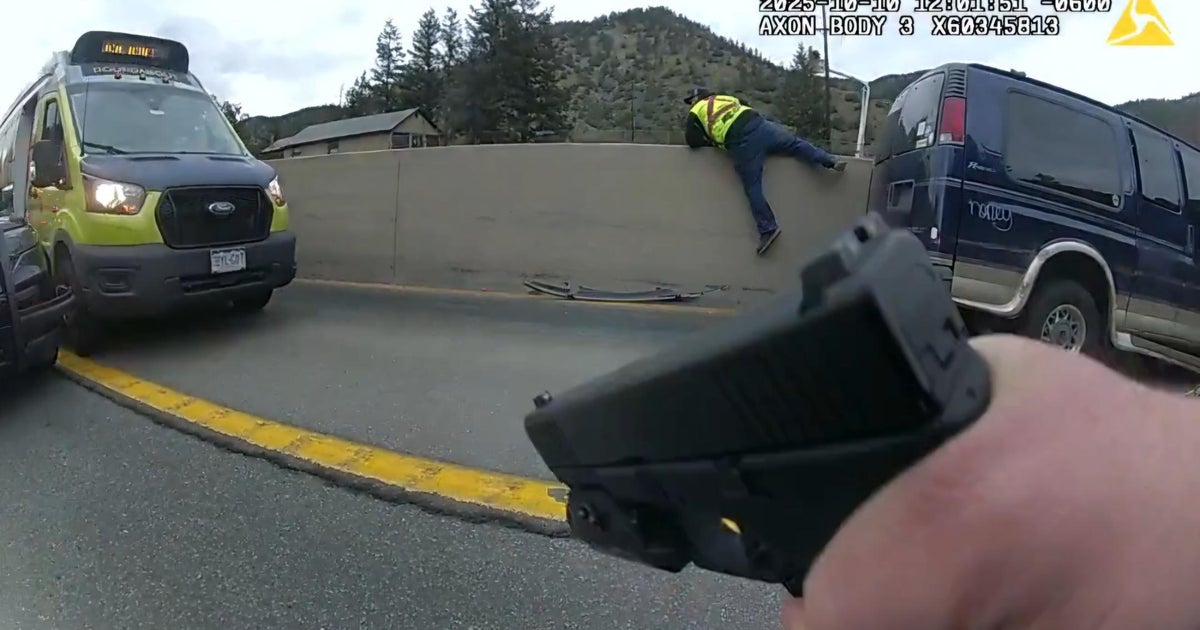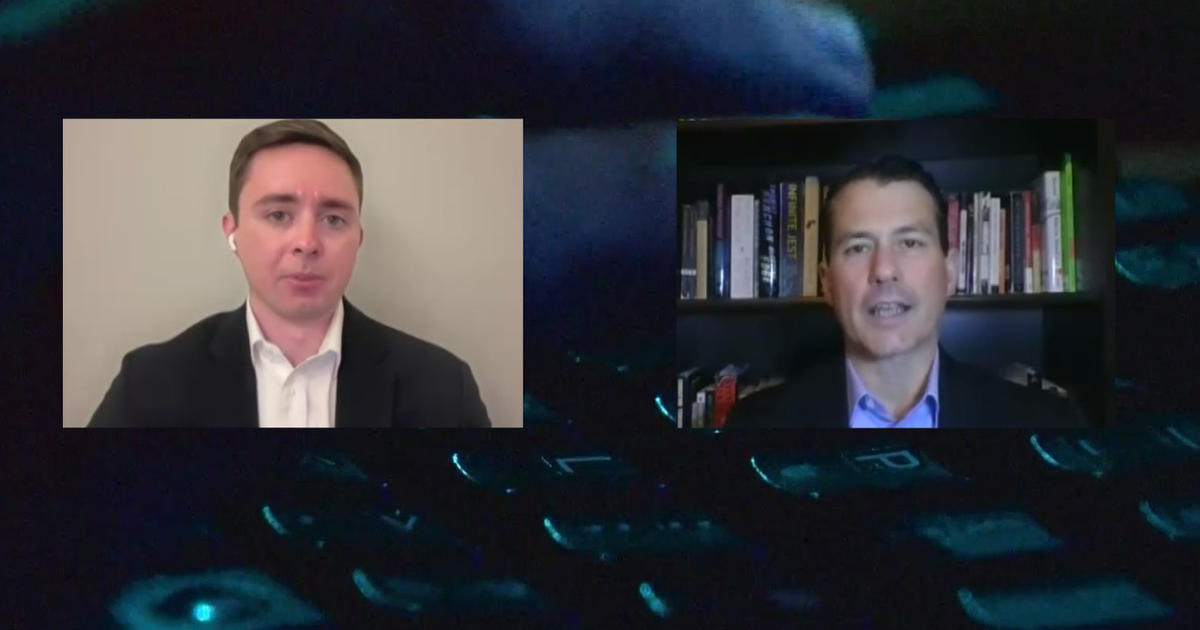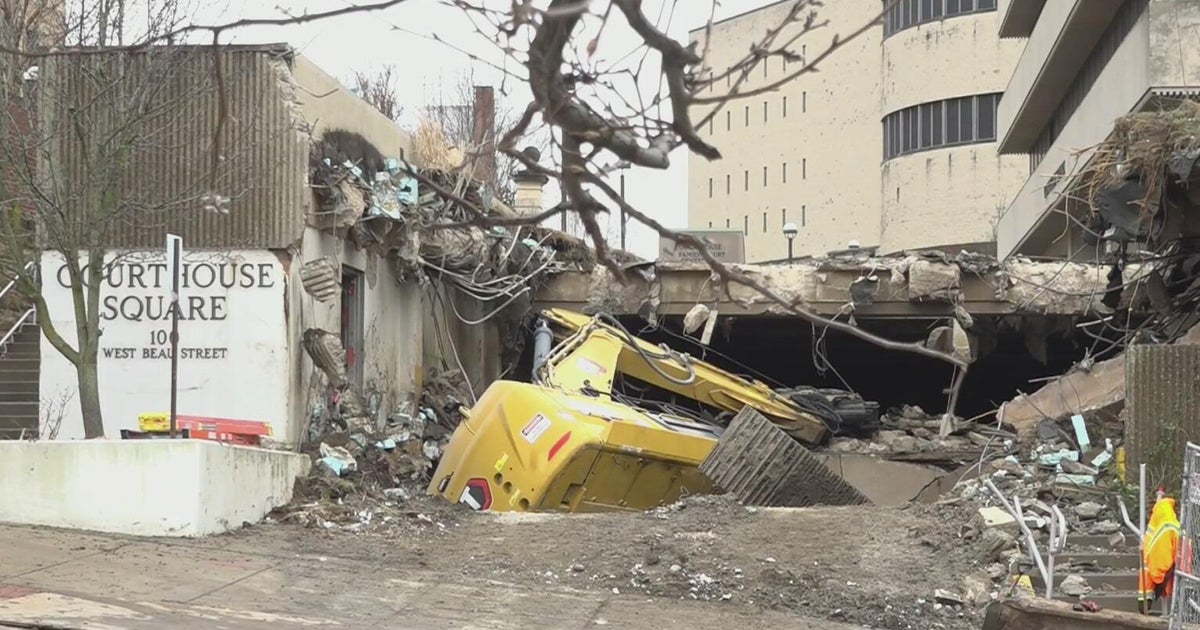Man credits San Jose Conservation Corps with transforming his life
High up in the Saratoga foothills, Richard Suarez Valdez is finding his future.
His chainsaw buzzes away, part of a project by Valdez's crew from the San Jose Conservation Corps is to clear out overgrown brush from a county park.
"So, we're just trying to push it back from the road and make a fire break right here," he said, stopping briefly.
Valdez works at a fast pace. But it's not just this road through the mountains that is being cleared.
With each new cut, his own path forward seems to be a little less tangled too.
"I looked at it, and it looked really hard, really tiring and complicated. I was like, 'I don't know if I could do this," he said. "But it doesn't hurt to try, so I tried it, and I loved it."
At 24 years old, he has pushed through some of life's toughest situations. Raised with his brother by a single mom and homeless during the pandemic, he moved around and dropped out of high school — twice.
"We didn't have power and internet. And then there were the mental struggles that kept me from pursuing that. It was really hard to be honest. Being a teenager, giving up my teenage life. Not having a teenage life. It just really brought me down. I couldn't really focus on my education and the other things in my life besides the negatives," he explained.
Then, a friend told him about the Conservation Corps and he quit his fast-food job and signed up.
The Corps was started in 1987 by then-San Jose Mayor Susan Hammer. It's both an accredited high school and a hands-on jobs training program focused on the environment.
"We try to find youth that are in need of that additional support in order for them to be successful," said Jonathan Sarabia, who came through the program as a youth and now helps lead it.
"We're here to develop their personal, their professional and their academic backgrounds so once they're done here, they can move on to a post-secondary education, meaning college or university. If not, we also try to find them a job out in the field that pays more than the livable minimum wage," Sarabia said.
Valdez splits his time between the classroom and work. He's taking geometry and learning communication skills.
He put a visual presentation together, documenting the work his team did at Big Basin State Park, where he cut down dangerous dead trees after the fire and cleared trails for future hikers.
"At first, it was a little hard coming back into it, after not being in school for so long. But they really helped me ease into it. The teachers were really great, and they really care about you. They care about your grades and you getting your education. That really helped me want to do better," Valdez said with a smile.
He's now just four credits away from being able to graduate. Plus, he earns $21.50 an hour for his labor and has access to a free food pantry on campus.
It's enough to keep him housed, fed and focused.
"In the future, I would like to go to college and continue my education in a field that's related to this like environmental sciences. And then hopefully get a job in a career path that is lined up with this," he said.
It's a turnaround he might not have imagined a few years ago. He said he now gets satisfaction from working hard and that he's glad he can do a service for the community: a community that helped lift him up when he was down.







